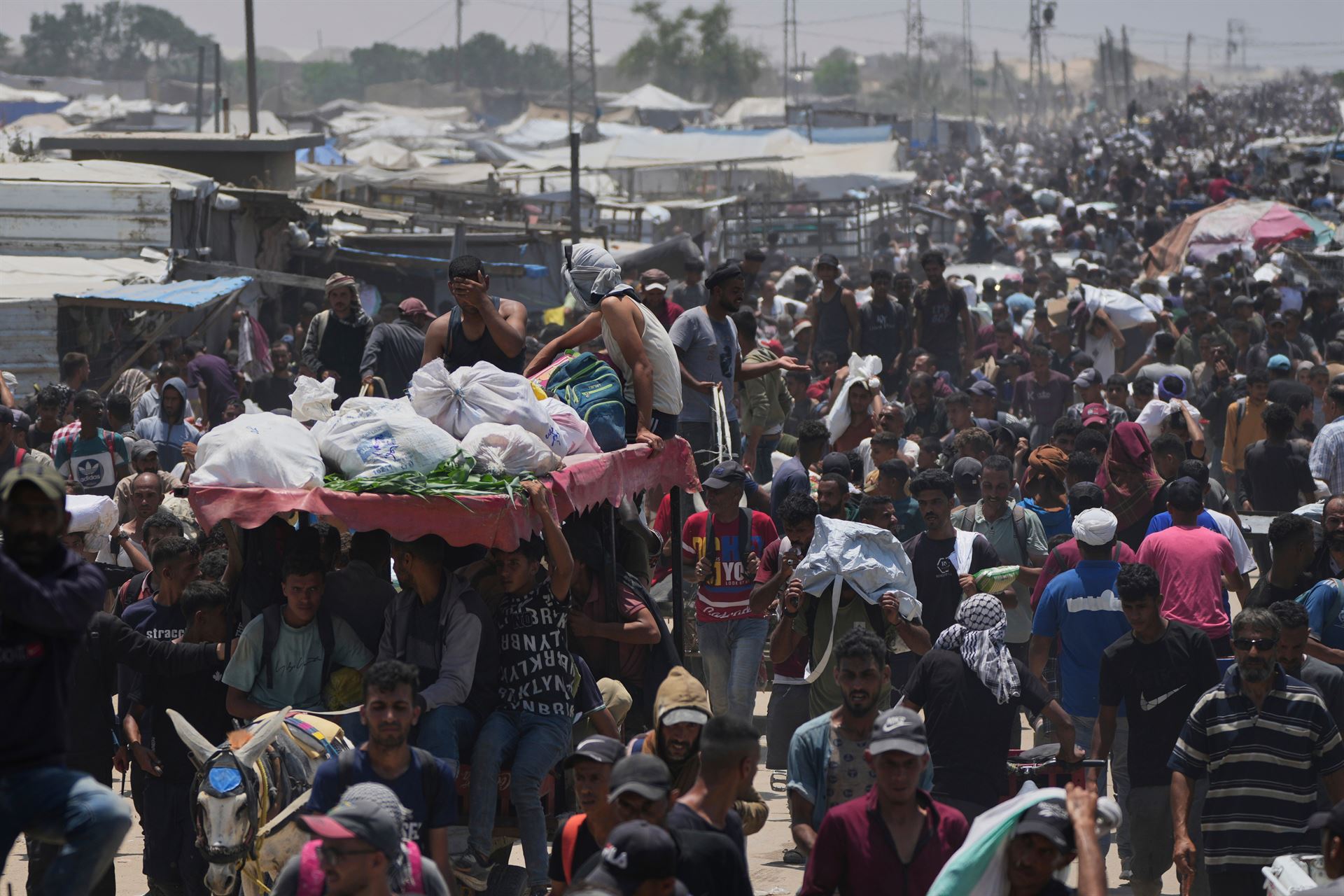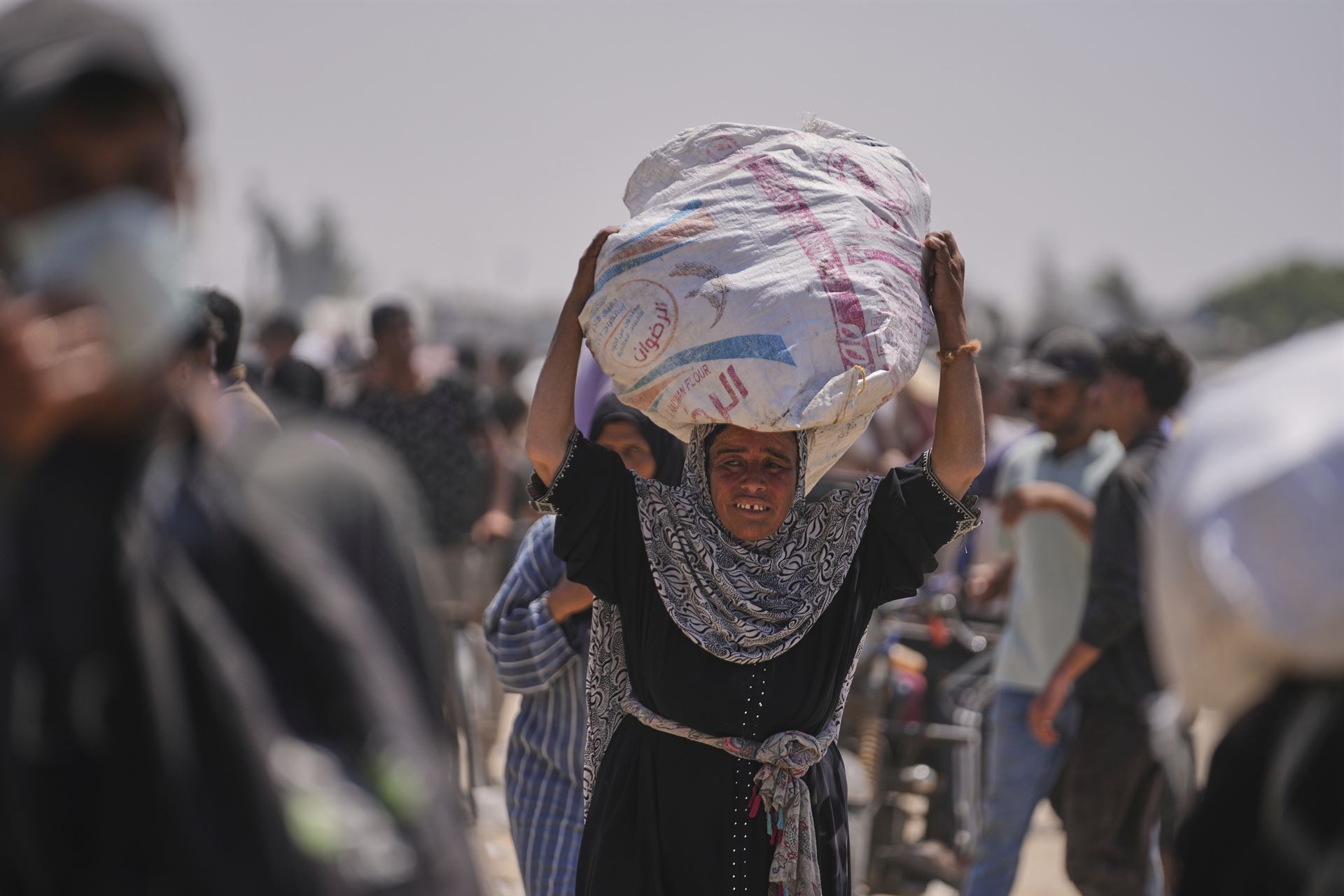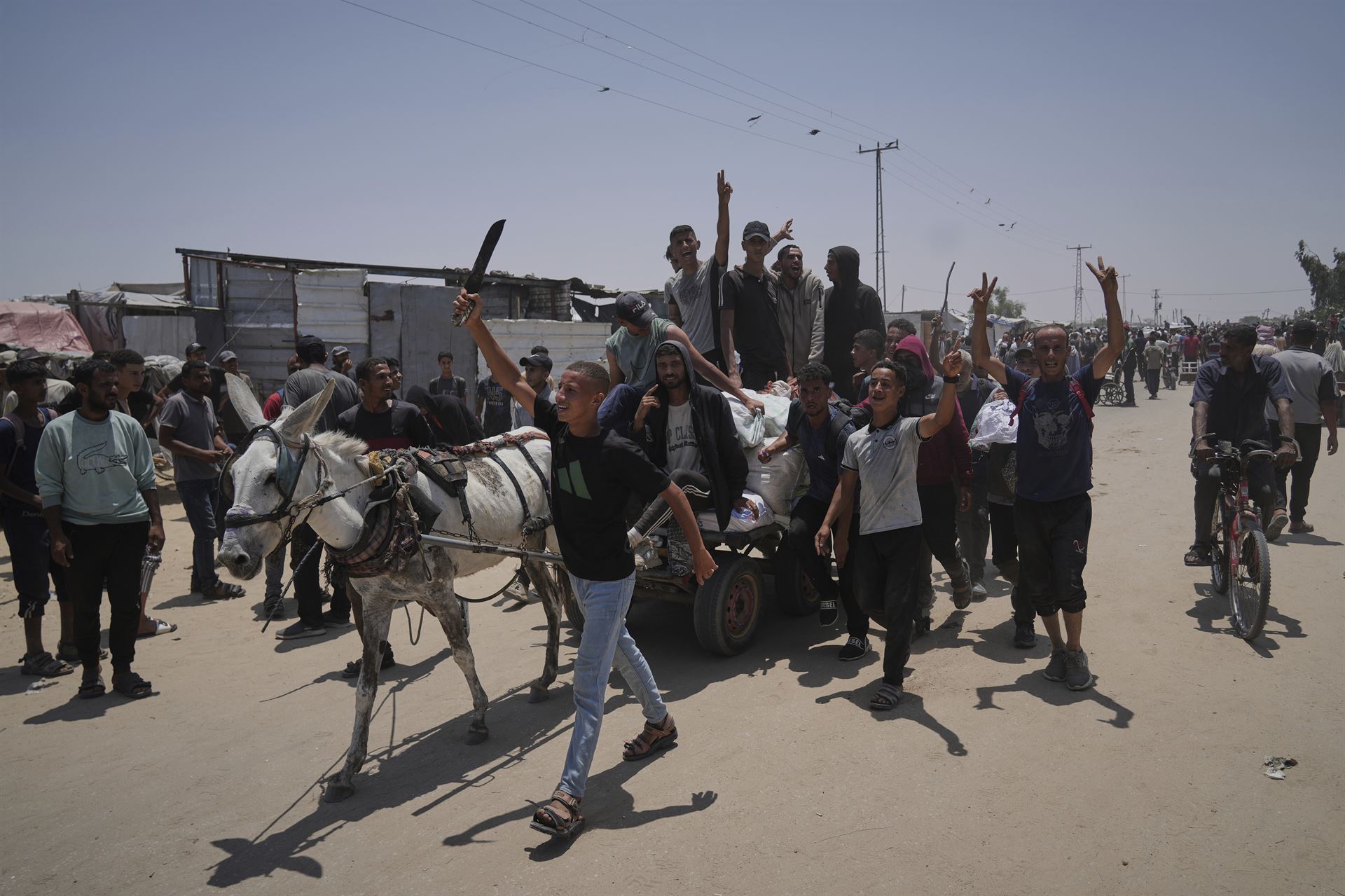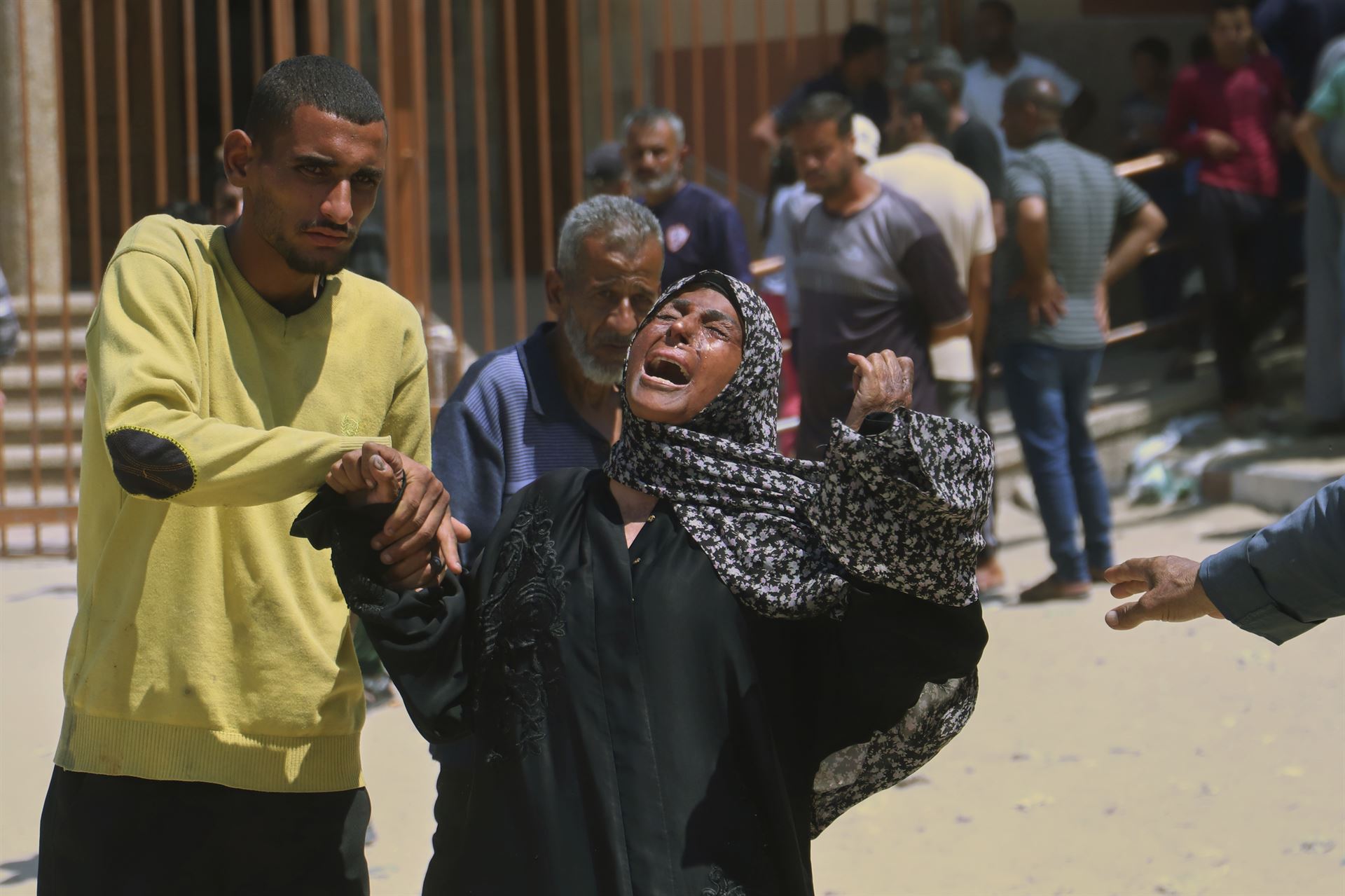
UNITED NATIONS - A complete collapse of Gaza's telecommunications infrastructure has cut digital connections for emergency services, humanitarian coordination and critical information for civilians, paralyzing aid operations, UN humanitarians said on Thursday.
"Our partners working on telecommunications say this is due to damage to the last fiber cable route serving central and southern Gaza, likely caused during heavy military activity," said the UN Office for the Coordination of Humanitarian Affairs (OCHA). "This is not a routine outage, but a total failure of Gaza's digital infrastructure. There is a full internet blackout, and mobile networks are barely functioning."
ALSO READ: UN General Assembly adopts resolution demanding immediate Gaza ceasefire
OCHA said emergency services are without communications, cutting civilians from access to life-saving support in an environment of already severe access limitations due to evacuation orders and military operations.
The office said the UN relief agency for Palestine refugees reported losing contact with colleagues in Gaza, apparently a common problem for relief agencies in the strip.
OCHA warned that the Israeli fuel blockade of more than 100 days has reached a critical point. It said fuel is running out fast and that essential services keeping people alive are dangerously close to shutting down.

"Our colleagues working on health now warn that nearly 80 percent of health facilities providing life-saving services may very soon run out of fuel," the office said. "That's 67 out of 85 such facilities, including 17 hospitals, seven field hospitals, and 43 primary health care centers. They warn that lives are on the line, particularly newborns who depend on incubators and ventilators, and other patients in critical care units."
OCHA said dialysis services are also expected to shut down. Ambulance services and patient referrals are expected to come to a halt, effectively eliminating the so-called "golden hour" critical for trauma care -- the crucial first hour after trauma injury, when medical treatment is most likely to save a person's life.
READ MORE: Failing logistics threaten vital aid deliveries in Gaza, says UN body
The office said other critical services that could be affected by fuel depletion include water wells and desalination systems. Israeli authorities denied more than a dozen attempts to retrieve fuel from northern Gaza.
OCHA said the UN Office for Project Services reported that an attempt to retrieve fuel on Thursday was initially approved after weeks of repeated access denials. But shelling forced the team to turn back, with an injured fuel truck driver.

The office again called on the Israeli authorities to urgently restore the entry of fuel into Gaza and facilitate access to reserves that are already inside.
OCHA said more displacements have been ordered. New evacuation orders were issued on Thursday for six neighborhoods across three governorates: Gaza North, Gaza, and Khan Younis, covering more than 3 square kilometers.
The humanitarians added that Israeli authorities have not allowed any tents or other shelter materials into the Gaza Strip to house the displaced for the past 100 days, just like the fuel blockade.
However, there was some positive news on the relief front.

UN teams collected 56 truckloads of food supplies from the Kerem Shalom/Karem Abu Salem border crossing and brought them to northern Gaza.
This was the first time since early March that the United Nations has been allowed to use the Zikim entry point, also known as Erez West. The office said the green light enabled a relatively safer passage for humanitarian teams to reach the north.
READ MORE: Media shortcomings in covering Israel’s daily Gaza mass murders
Farhan Haq, the deputy spokesman for UN Secretary-General Antonio Guterres, said the new Gaza Humanitarian Foundation (GHF) reported that Palestinians involved in distributing supplies were attacked, and some of them killed.
"While we don't have independent information on this -- and the telecommunications blackout isn't helping us here -- OCHA reiterates that civilians must never be attacked, let alone those trying to access or provide food amid mass starvation," Haq told a regular briefing.
The US-sponsored GHF, approved by Israel, initiated aid delivery at a few distribution points last week, forcing Palestinians desperate for food to trek, in some cases, for miles to reach the militarized hubs.
The United Nations and its partners, in contrast, deliver to many local communities. The partners said they did not cooperate with the GHF scheme because it does not meet fair international aid standards.


